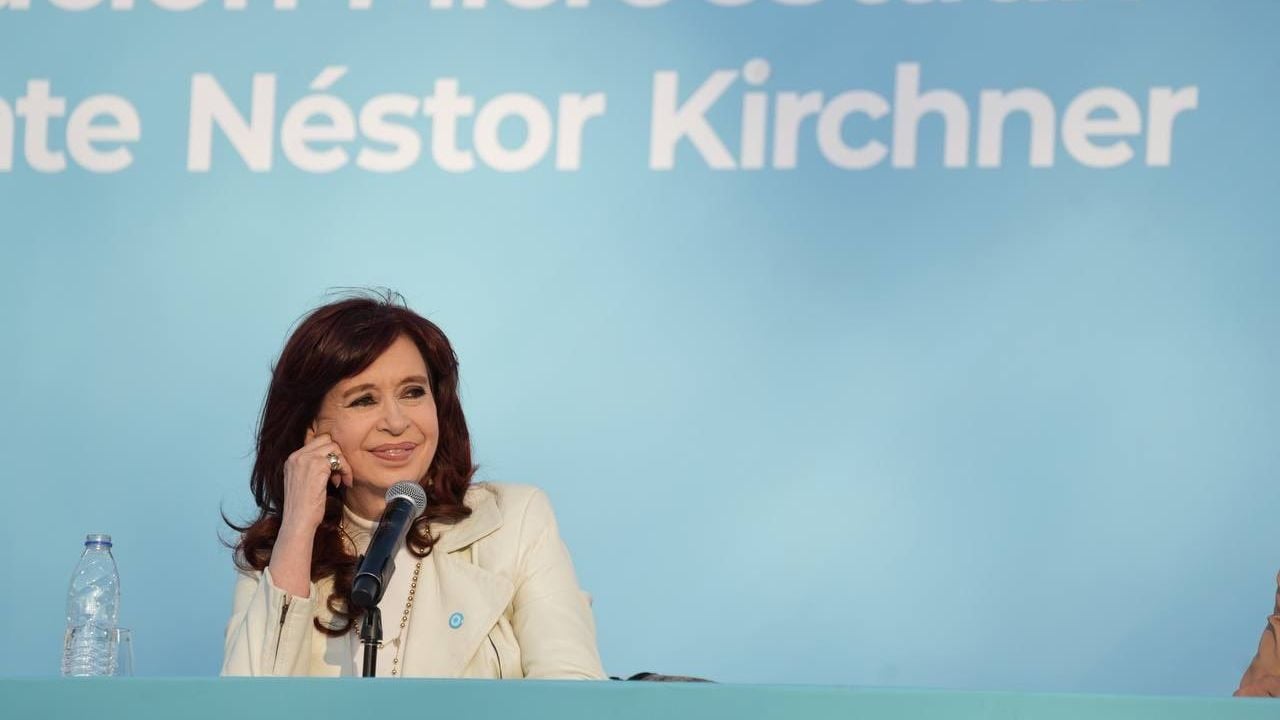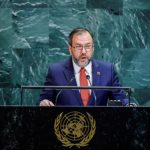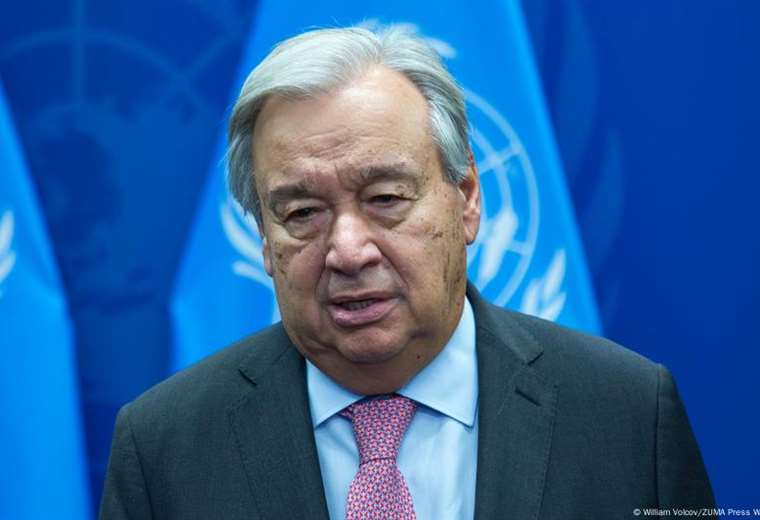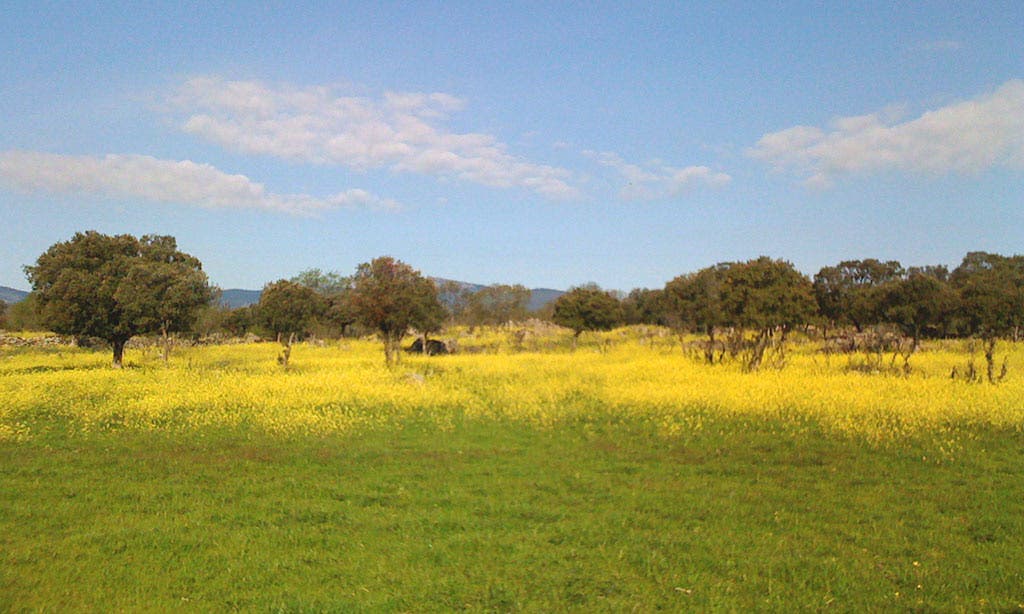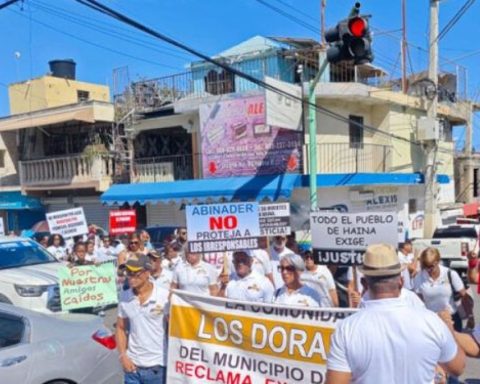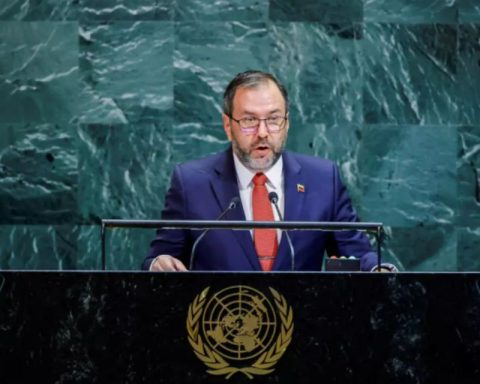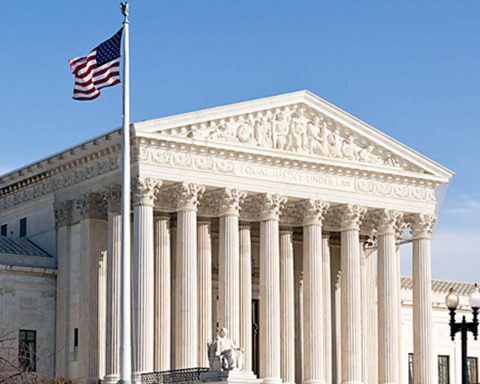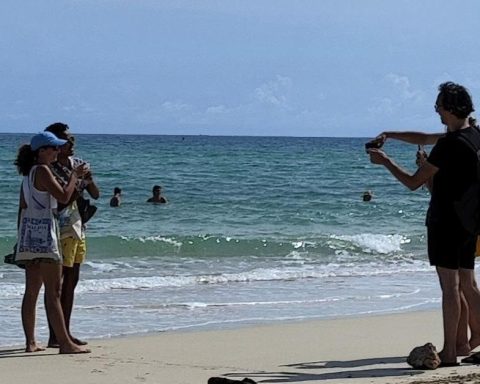Cristina Kirchnerformer president and central figure of Argentine Peronism, has decided to take a leading role in the leadership of the Justicialista Party (PJ). This decision marks a new chapter in his political career and anticipates a more tense coexistence with the sectors of Unión por la Patria that seek to reduce his centrality.
The move of Cristina Kirchner It seeks not only to revitalize its leadership, but also to unify and organize the forces within the party in a challenging political and economic context. Cristina Kirchner’s decision to assume leadership of the PJ is not coincidental.
In recent weeks, he has held key meetings with Peronist leaders, including the governor of Formosa, Gildo Insfrán, and Senator José Mayans.. These meetings have been fundamental to consolidate his candidacy and ensure the support necessary to lead the party.
Insfrán, current president of the PJ Congress, was one of the first to formally propose to Christina for the presidency of the party, arguing that his leadership is crucial for the ordering of Peronism.

The former president has made it clear that her intention is to contain all sectors of the PJ and energize the life of the party. “If the majority wants me to be there, I will be there,” he said in a meeting with senators he trusted. This statement reflects his willingness to take on the challenge and his conviction that he can lead the party at a critical moment for Peronism.
However, the decision of Cristina Kirchner has not been received with unanimity within the PJ. Sectors of Unión por la Patria, the ruling coalition, have expressed their concern about the centrality that the former president could acquire.

Sectors
These sectors fear that their leadership could overshadow other figures and generate internal tensions. Ricardo Quintela, governor of La Rioja, has promised to compete in an internal election for the presidency of the PJ, highlighting the need for a democratic and transparent process.
Quintela has been one of the most vocal critics of the candidacy of Cristina Kirchner. In statements to the media, he stated that “Peronism has to compete, we do not have to be afraid of the internal process.” This stance reflects the division within the party and the need to find a balance between the different factions. Despite the differences, Quintela has stressed the importance of unity and has called on all sectors to accompany the winner of the internal election.
follow us on Google News and on our channel instagramto continue enjoying the latest news and our best content.
